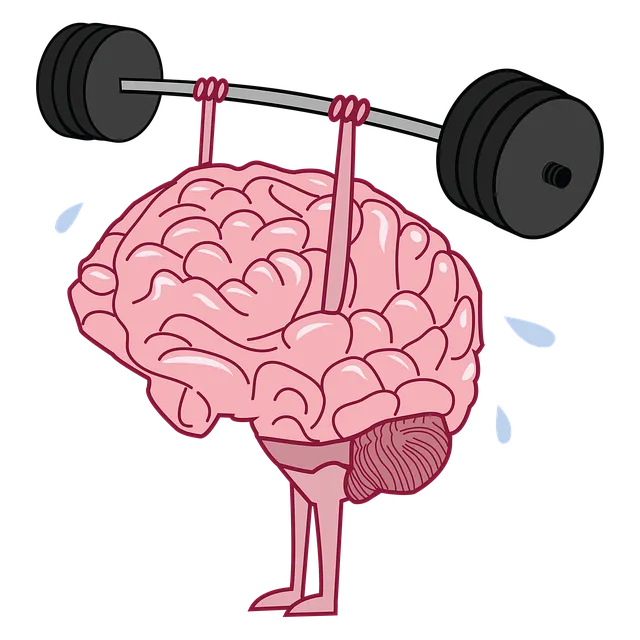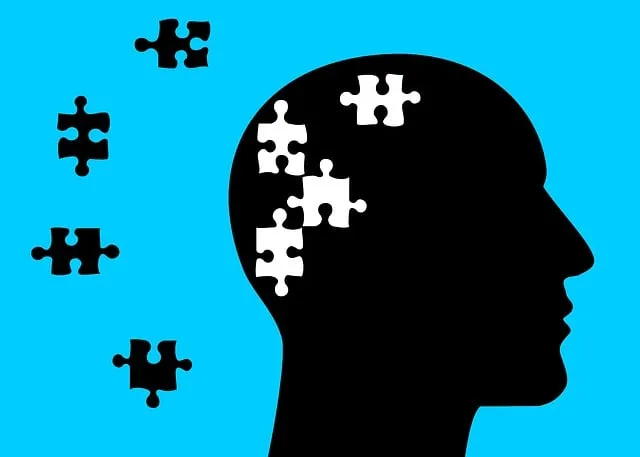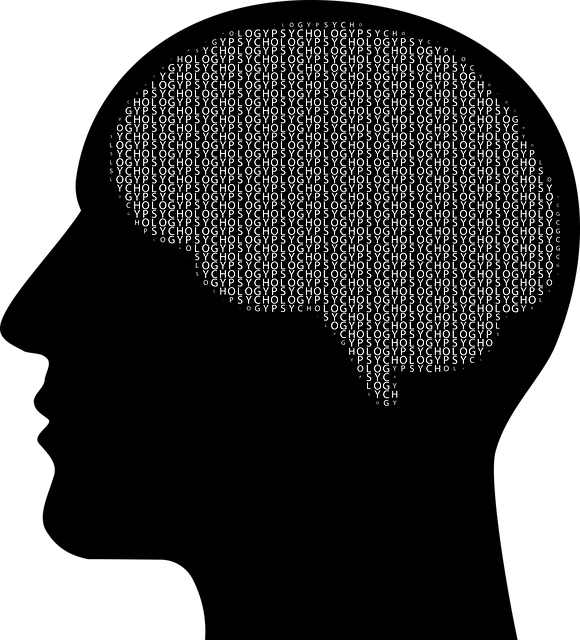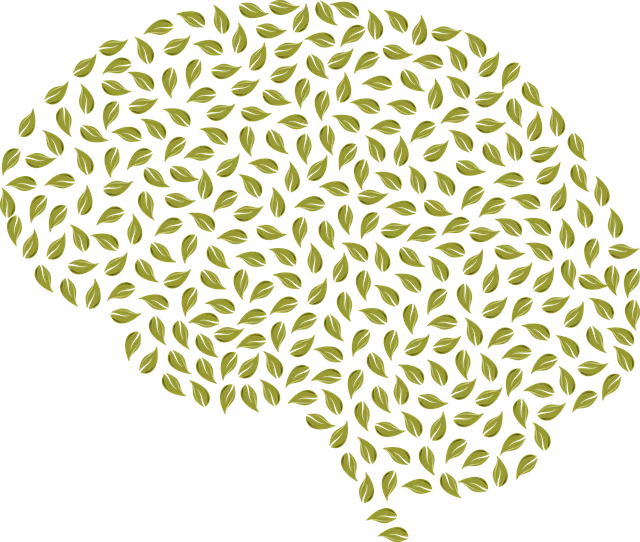Loss, grief, and bereavement significantly impact mental well-being, but the Littleton Kaiser Permanente behavioral health center offers compassionate support. Understanding these stages, as outlined by Elisabeth Kubler-Ross, is crucial for healing. The center provides specialized therapy, evidence-based practices, and tailored coping strategies to manage intense emotions, prevent depression, and integrate loved ones' memories into a hopeful future. They acknowledge individual variations in the grieving process and offer support tailored to external factors and healthcare provider burnout prevention. Bereavement therapy includes cognitive-behavioral therapy (CBT) and positive thinking to improve mental wellness, addressing cultural beliefs through training and providing personalized growth strategies for unique bereavement journeys at the Littleton Kaiser Permanente behavioral health center.
Grief is a universal human experience, yet navigating loss can feel overwhelming. This comprehensive guide explores understanding loss, grief, and bereavement, with a focus on the supportive role counseling plays at the Littleton Kaiser Permanente Behavioral Health Center. We delve into common challenges faced during the grieving process, while providing insights into effective strategies and techniques employed in bereavement therapy. Discover how professional support can help you heal and find meaning after loss.
- Understanding Loss, Grief, and Bereavement: A Comprehensive Overview
- The Role of Counseling at Littleton Kaiser Permanente Behavioral Health Center
- Common Challenges Faced During the Grieving Process
- Effective Strategies and Techniques in Bereavement Therapy
Understanding Loss, Grief, and Bereavement: A Comprehensive Overview

Loss, grief, and bereavement are complex and deeply personal experiences that can significantly impact an individual’s mental well-being. At the Littleton Kaiser Permanente behavioral health center, professionals are dedicated to providing compassionate support through these challenging times. Understanding these concepts is crucial for anyone seeking counseling or looking to aid themselves or loved ones in healing.
Loss refers to the absence of something valued, whether it be a physical object, a relationship, or even a dream. Grief is the emotional response to loss, often characterized by sadness and feelings of emptiness. It involves a series of stages, as identified by Elisabeth Kubler-Ross, such as denial, anger, bargaining, depression, and acceptance. Bereavement, on the other hand, specifically pertains to the state of having suffered a significant loss, particularly the death of a loved one. This process requires time and often includes intense emotions that can be managed with appropriate tools and guidance, like those based on principles of self-care routine development for better mental health, emotional intelligence, and mind over matter.
The Role of Counseling at Littleton Kaiser Permanente Behavioral Health Center

At Littleton Kaiser Permanente Behavioral Health Center, counseling plays a pivotal role in supporting individuals navigating loss, grief, and bereavement. Our specialized therapists provide a safe, non-judgmental space for clients to process their emotions, remember loved ones, and cultivate healthy coping mechanisms. Through evidence-based practices tailored to each individual’s unique experience, we guide them towards finding solace, building resilience, and embracing positive thinking in the face of profound loss.
Our comprehensive approach integrates various therapeutic techniques aimed at alleviating anxiety relief and preventing or managing depression. By delving into complex emotions, we empower clients to understand their grief journey better, foster meaningful connections, and gradually learn to integrate their loved one’s memory into a hopeful and fulfilling life ahead. The support offered at Littleton Kaiser Permanente Behavioral Health Center is designed to be transformative, helping individuals transform their pain into personal growth.
Common Challenges Faced During the Grieving Process

The grieving process is a complex journey, often filled with unique challenges that can vary greatly from person to person. At the Littleton Kaiser Permanente behavioral health center, we recognize that everyone copes differently after a loss. Common struggles include intense emotional pain, feelings of isolation, and difficulty concentrating or making decisions. Many grievers also experience disruptions in sleep patterns and appetite, leading to potential physical health issues. These challenges can be exacerbated by external factors such as lack of social support or overwhelming responsibilities at work or home.
Furthermore, healthcare providers who offer counseling services face their own set of obstacles. Burnout prevention strategies are crucial in this context due to the high-stress nature of their work. The implementation of community outreach programs aimed at reducing stress and promoting mental well-being can be beneficial both for patients dealing with grief and for healthcare professionals supporting them. By understanding these common challenges, counselors at the Littleton Kaiser Permanente behavioral health center can provide tailored support, ensuring that individuals navigate their grief in healthy and constructive ways.
Effective Strategies and Techniques in Bereavement Therapy

Bereavement therapy employs a range of effective strategies to assist individuals in navigating loss and grief. One prominent approach is cognitive-behavioral therapy (CBT), which helps clients identify and challenge negative thought patterns associated with their loss. By replacing these patterns with more positive and adaptive ones, CBT fosters better coping mechanisms and improved mental wellness, as promoted by the Littleton Kaiser Permanente behavioral health center.
Additionally, positive thinking is integrated into therapy sessions to encourage a shift in perspective, allowing individuals to find meaning and hope amidst their grief. The Healthcare Provider Cultural Competency Training is also crucial, ensuring that therapists can sensitively address diverse cultural beliefs and practices related to death and mourning. Moreover, mental wellness coaching programs focus on developing resilience, coping skills, and personal growth strategies tailored to each individual’s unique journey of bereavement.
Loss, grief, and bereavement counseling play a pivotal role in helping individuals navigate the complex emotional journey that follows a significant loss. The Littleton Kaiser Permanente Behavioral Health Center offers specialized services tailored to address these challenges, providing a safe space for healing. By understanding the unique aspects of each person’s grieving process, therapists employ effective strategies to support and empower those in need. Through this comprehensive approach, individuals can find solace, process their emotions, and gradually rebuild their lives after loss.






